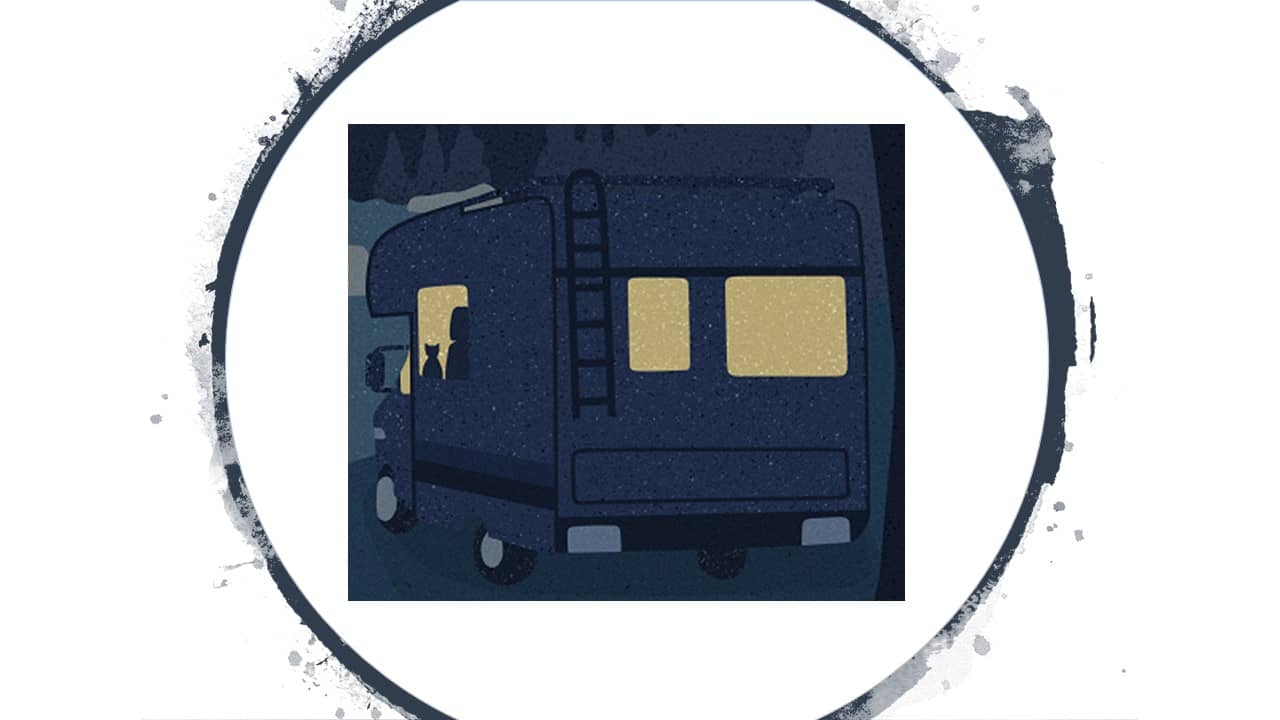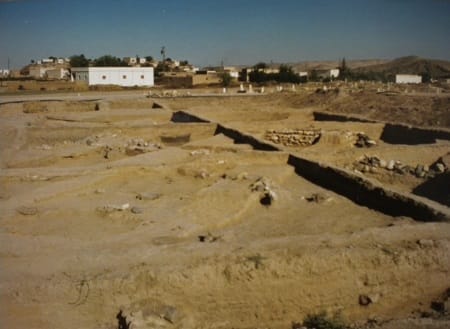Brain Trees
1.
It was another bad bush fire season, that summer of 2009. Historically high temperatures had dried the land to kindling. Fanned by gale force winds, over a million acres burned in the Black Saturday fires, homes destroyed, many lives lost.
I was sitting behind Mum in the backseat of Dad’s car on our way to my cousin’s wedding. We hadn’t been to the restaurant before, but it was located on of the main thoroughfares branching out of the city not far from my old school and as long as the ash-darkened horizon was ahead we were moving in the right direction.
We found the venue all right; it was the getting home that was the trouble.
2.
Some twenty years earlier, during the equally devastating Ash Wednesday bush fires, my Year 8 science class sat in the lab and watched the topsoil from cleared Mallee farmland come rolling in over the city.
We were fascinated and excited in that way you are when you don’t really believe the frightening thing will happen to you.
3.
The ceremony was lovely, the bride look gorgeous, the happy couple danced for us and the food was wonderful. Then we started for home.
4.
Tracey, a girl in my year, lost her home in the Ash Wednesday bush fire. Everything destroyed. I remember her distress at losing her childhood photos. Life before the fire. I wondered what it would be like to look at them, had they survived. This is us before the fire.
Photos are past things, they show who you once were. Would you want to remember?
Perhaps.
5.
I’m visiting Dad where he lives now, in low support accommodation. I’ve brought the photos he took of us, my brother and I, when we were little. He didn’t know by then that I was his daughter, but the brain retains something known as ‘connectivity’, the neurologist tells us. Dad smiles absently at the baby snaps. I’m not feeling the connectivity.
The photo of him, his brother and sister as young adults in their front garden registers no response either.
‘Who’s that, Dad?’ Shakes his head. ‘Don’t know’.
‘That’s you!’
‘No’.
But he reacts to the photo of my grandparents, pointing and murmuring, in his mind a little boy again.
6.
My school year had a reunion a few years back. I didn’t go. People had put up photos from that time on a special Facebook page.
I couldn’t bear how young we looked.
7.
The summer Mum died was hot, the hottest I can remember for a long time with strong northerly winds, a childhood summer when the weeks stretch out forever. I swept up the fallen leaves in the communal laneway with Dad’s old rake and peered into the sky, ‘See, Dad, see how well I’m coping?’
But the neighbours are cranky.
‘Your father never did anything about that messy lane.’
In the house I shout and slap the tabletop stinging my palms and in Dad’s shed I find a saw and attack one of the branches of their stupid trees which hangs over our garden, stopping our trees from getting the light. The saw is a bit rusty and I’m not strong enough. I throw it down and pull on the branch. It doesn’t give. I take off smaller branches. I grab the secateurs and snip the ivy growing over the fence. The pestilential ivy they insisted on and which creeps into our garden. I snip and hack and yank bits out and then I fling all the branches and clippings over the fence. I hate them, I hate them.
8.
Our brains have trees in them; treelike structures, called dendrites, are how a neuron receives data from other cells. Dendrites branch and leaflike structures emerge.
If the parts of the brain’s cortex responsible for certain actions are not used regularly, dendrites go through a process of pruning. But on the other hand, dendrite forests flourish in brains of people who are involved with repeated activities, such as firefighters. The cortex of their brains is thick with dendrites in the areas related to generating just that action needed to put out the blaze.
Even the burnt bushland can recover given the right circumstances.
9.
‘Dad…I don’t think this is the right road…’
I had to direct Dad home from the restaurant the night of my cousin’s wedding. He had been driving all his life. He had the roads of the city imprinted on his cortex like branches of a tree.
But suddenly my Dad didn’t know and at that moment I was thirteen years old again, leaning over the front seat, between my parents, guiding him onto the arterial, the blackened sky now all around us.







